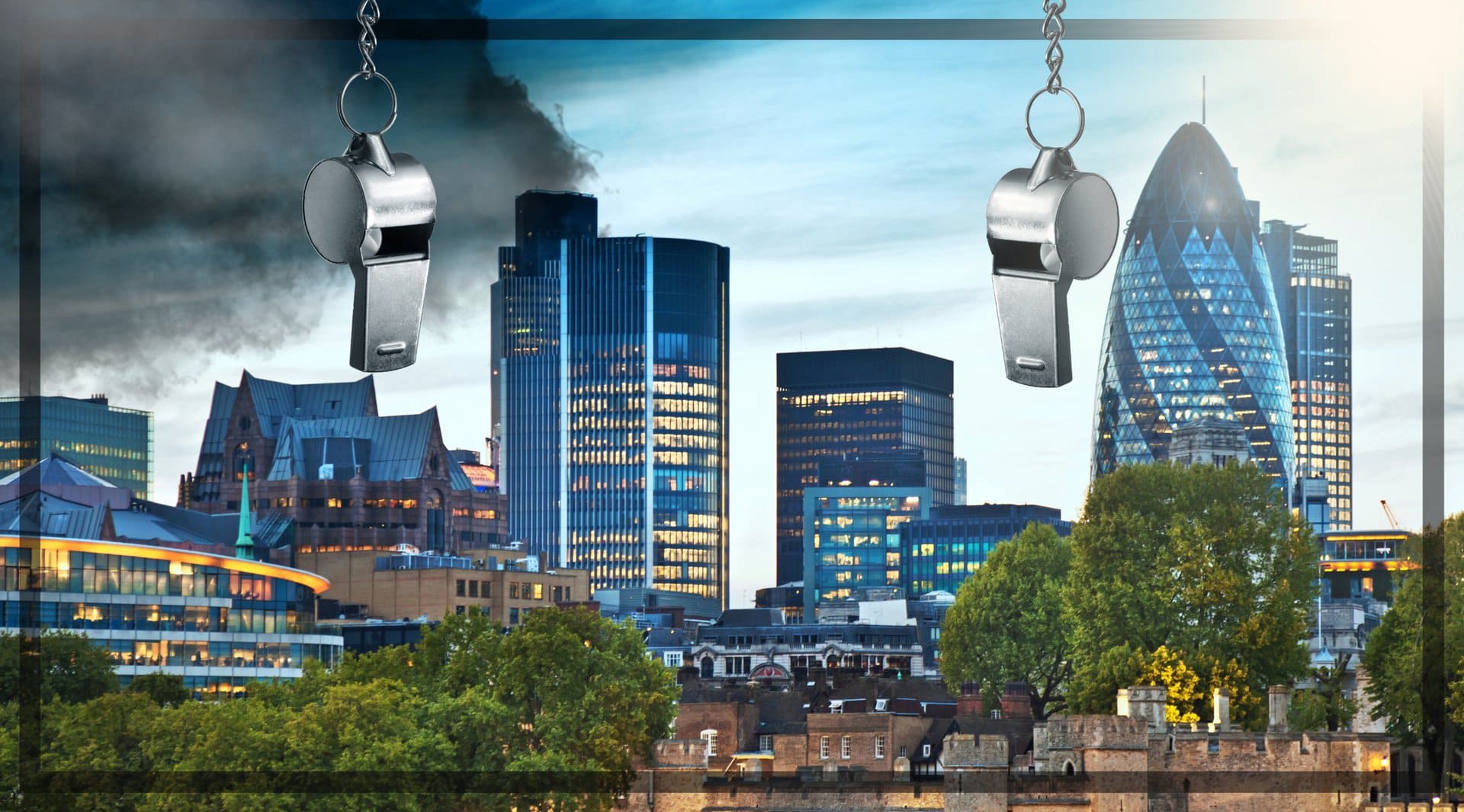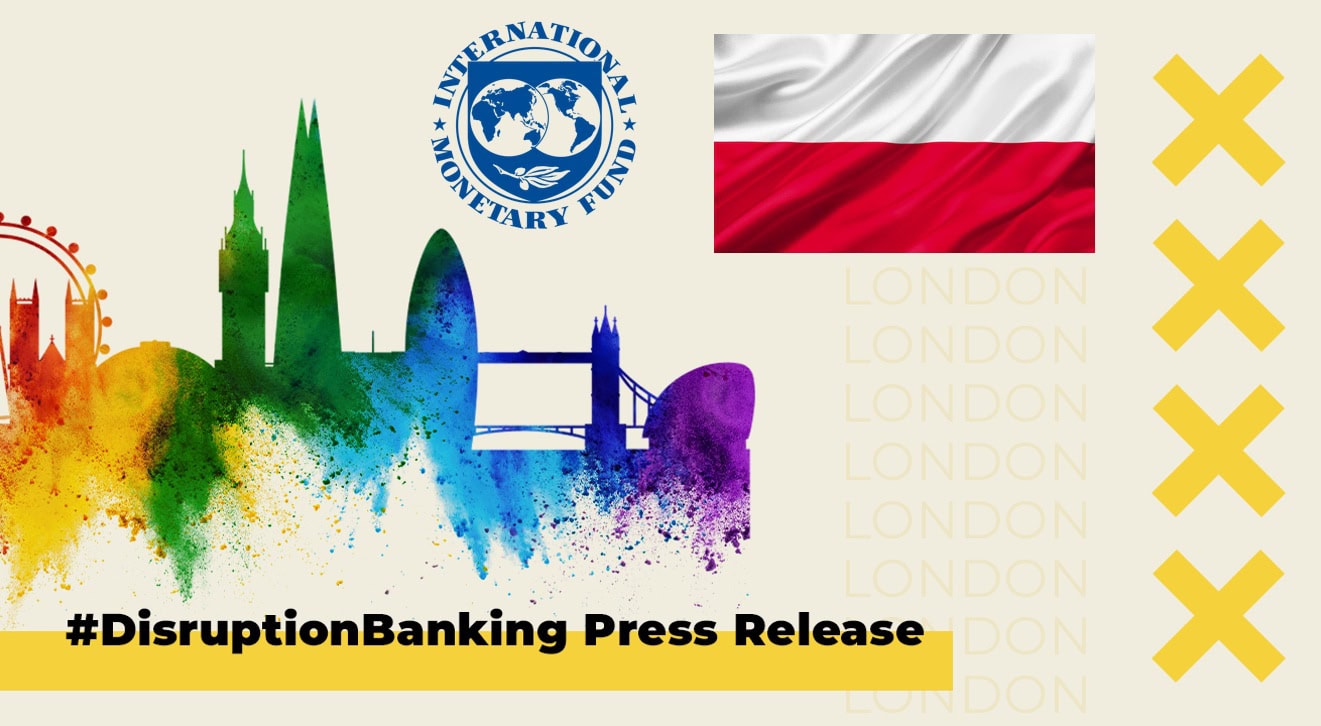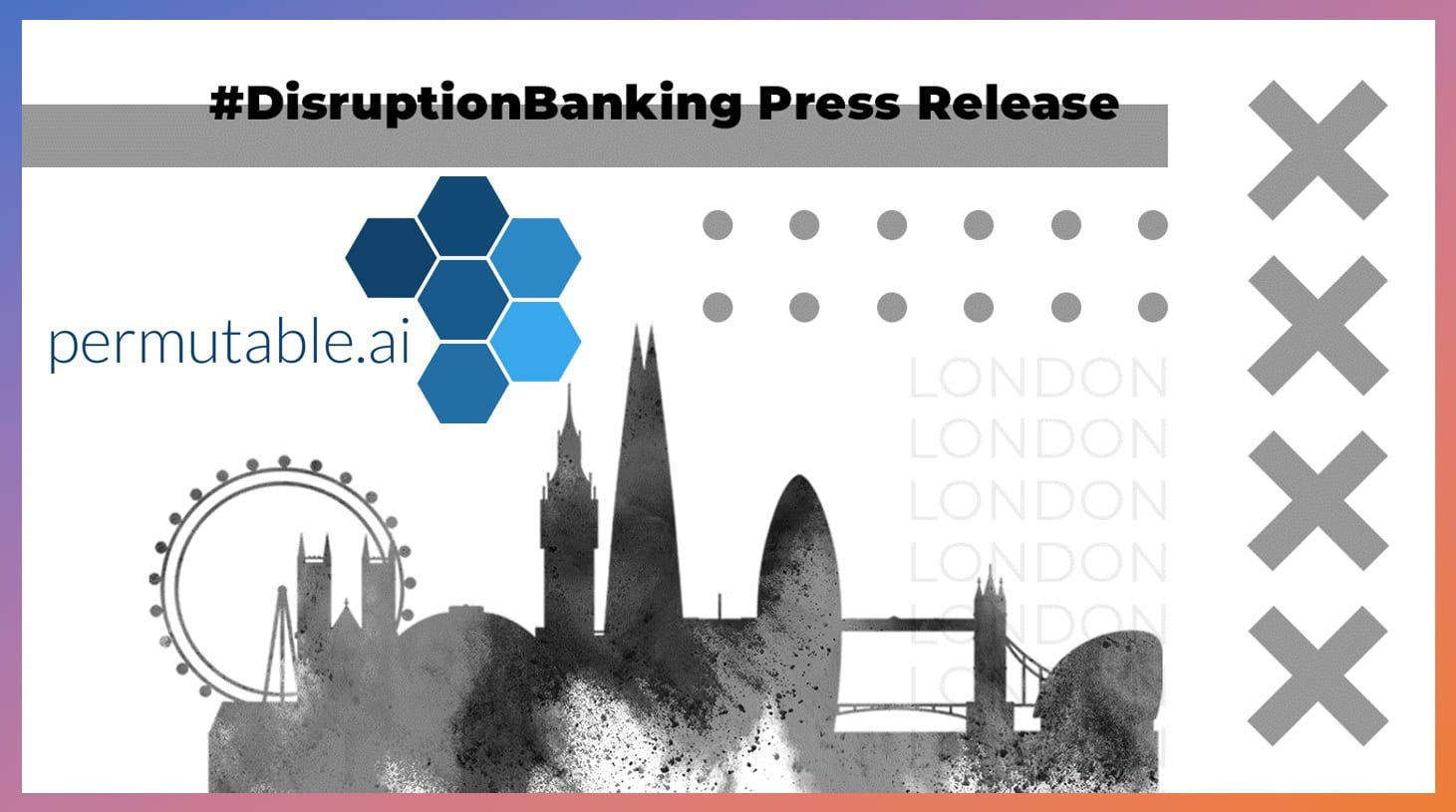A lot of questions come to mind when we think of whistleblowers in the City of London. What happens to them when they report injustices in the workplace? Who can they go to? Does the law protect them? Are they even doing the right thing? Does it make any difference in the City of London? These questions are especially prominent with the recent backlash against the FCA reportedly not listening to whistleblowers, after a survey they’d conducted showed participants didn’t feel that way. To answer them unveils a story of the city’s shaded history, tax evasion 101, and ageing legislation. Here we find out why the city’s whistleblowers are our heroes, but treated like villains.
Britain’s markets watchdog is aiming to improve its procedures for whistleblowers after finding that some finance workers who reported wrongdoing didn’t feel listened to enough https://t.co/rdIANz8fP3
— Bloomberg (@business) May 4, 2023
The Status of Whistleblower legislation in the UK
When banks take unfair advantage of their customers, who’s there to save the day? Ideally, a worker with a conscience who speaks out. Nobody can prove a company is dodgy unless they have evidence, and workers are some of the only people who can realistically get their hands on it. Though if you signed a contract of employment, your company will want to take you to court for sharing their sensitive data with the whole world. That’s where PIDA comes in, offering legal protection if you blow the whistle for the greater good, or for the sake of “public interest.”
Before PIDA, workers blew the whistle at their own risk. That meant many members of staff in a company would know what was going on, but were just too scared to speak up, or in some cases spoke to the wrong people in the wrong way. This is one of the reasons Barings Bank, for example, didn’t collapse sooner. PIDA was one of the first pieces of legislation passed to help whistleblowers, and with it came a rise in whistleblowing reports.
But even when it was enacted, PIDA wasn’t deemed to offer enough protection to whistleblowers. Ten years after its original debut, Professor David Lewis, whistleblowing specialist at Middlesex University, recommended 12 improvements to implement into PIDA after concluding it sorely needed them. These improvements all make a point to try and root out the systemic discrimination against whistleblowers, right from the hiring stage. The way Lewis describes it, blowing the whistle should be seen as a basic human right. Yet despite his analysis, many of his suggested improvements still haven’t been implemented, and it shows in the real world.
Whistleblowers are routinely vilified by companies for revealing their sensitive data to undisclosed third parties. A former PricewaterhouseCoopers (Pwc) employee was convicted for it, only recently winning his bid to be recognised as a whistleblower instead of a criminal. His original conviction in 2016 was for releasing details of how companies set up tax-dodging bases in Luxembourg, and his trial was seen as a warning to other potential whistleblowers, that courts wouldn’t favour you for exposing fraudulent activity in the workplace. Even the NHS, famed for incentivising hushed lips around wrongdoing, is still experiencing the same workplace transparency issues its struggled with for decades. This is the kind of systemic malpractice that PIDA should be helping with, but clearly something isn’t right.
But, especially in the City of London, the level of change needed to solve the underlying issue isn’t practical yet. The historically insular and nepotistic culture around the City of London’s governing structure makes it difficult to implement change, on any level. Its Jurassic governing strategies, combined with its global reach, have lead to the city’s nefarious reputation for tax evasion. The Panama and Pandora papers revealed thousands of firms based in offshore tax havens, pointing the blame squarely at the City of London’s ancient laws and regulations that enabled it.
Guernsey's Chief Minister @gavinstpier has already gone on the offensive, telling ITV that Guernsey's verifiable register is robust: adding: "Tax evasion and money laundering is endemic in the City of London"
— Rob Byrne (@ByrnesyGsy) March 2, 2019
Whistleblowing in the City of London
That’s right, the City of London is, in fact, Britain’s tax-dodging utopia. Famed for its long standing laws and regulations in effect that allow nefarious individuals to launder their fortunes. Claimant-friendly libel laws mean they’re unlikely to be taken to court, and some of the countries top law firms are on hand to represent them if they are. All that’s left is to set up a shell company to dump the money into, launder it through some offshore bank accounts, and buy up some real estate with the winnings. That’s tax evasion in the City of London 101.
But the City of London has always been an economic powerhouse, boasting the highest GDP per head in the UK. That’s part of what attracts foreign businessmen, the incredibly open nature of the market is the city’s biggest asset. But from Russian oligarchs a few years ago, to Chinese businessmen today, the City of London is still being taken advantage of for these open rules. And this dirty money has spread the spirit of kleptocracy with it, distributing one fiver at a time. One of the main elements of any good kleptocracy is to silence all with the conscience to speak out against their wrongdoing, and that’s the ethos that’s bought its way into British politics, and beyond, thanks to this open market.
How effective is the FCA?
So who exactly can whistleblowers talk to? Blowing the whistle is somewhat of an ethical dilemma, and doing so in the wrong way could do more harm than good. That’s where the UK’s Financial Conduct Authority (FCA) comes in, which has been regulating business conduct since 2013. If a UK company is acting dodgy, the FCA is supposed to catch and stop them in their tracks. So they’re the ideal place to go to report a dodgy company, right?
Well, they certainly should be. But the FCA’s 2022 survey into their own whistleblowing team’s service reveals a disproportionate amount of dissatisfaction. The number one reason whistleblowers report their concerns to the FCA is when internal complaints at their company are ignored, but 57% of participants felt they weren’t listened to during the FCA’s own process. In fact, whistleblowers were dissatisfied by all measurable metrics; The FCA’s response to exploring the issue, reassurance with progress updates, or the final outcome reaching their expectations. As it turns out, this is the first survey of its kind the FCA has ever done, so whistleblowers have likely felt like this towards the FCA for a long time, remaining unheard. These results tell us the problems whistleblowers face today are only just coming to mainstream media attention. But despite all this, most participants said they would go to the FCA again for future whistleblowing reports.
Do you know who the competent authorities in your jurisdiction who are responsible for #whistleblowing are? In case a whistleblowing incident occurs within your financial institution, are you prepared with the right solution?https://t.co/xqSx2mkkwm
— #DisruptionBanking (@DisruptionBank) August 8, 2023
What support is available?
Why report to the FCA at all though? The UK government recommends many other places whistleblowers can go in their “prescribed people and bodies” list. The issue with these is, most of them are for niche concerns. The FCA is almost always the place to go to, taking reports for the general conduct of almost all businesses, tax dodging not withstanding.
There are plenty of whistleblowing charities around as well, such as Protect, WhistleblowersUK, even the NSPCA has a whistleblowing advice line. But these are mostly for offering advice. If whistleblowers report their concerns to one of these charities, it’s likely they’ll just be redirected to the FCA anyway. Or if you work in the City of London, you might be redirected to the city’s very own whistleblowing policy.
What is the City of London’s whistleblowing policy?
That’s right, The City of London has its own whistleblowing policy. The process is similar to reporting to the FCA, but just reporting to the City of London directly, as it’s a service offered by the local council. On the surface, it seems like a comprehensive policy. But as it turns out, you’re actually worse off going to the city than the FCA.
Whistleblowing charity Protect did their own survey in 2020, and found that 70% of finance workers in the city who blow the whistle are victimised, ignored, dismissed, and feel that leaving the company is their only option after all is said and done. They reported serious offences as well; breaches of FCA regulation, breaches of data protection, outright theft, and discrimination and harassment against employees. Most of these incidents were not only recurring events, but organisation-wide issues too.
The status of whistleblower legislation in the UK today is battered and bruised, and doesn’t fully live up to the promise of protecting whistleblowers that it’s supposed to. But then again, to say it’s challenging holding companies accountable for their systemic malpractice, may just be the understatement of the last two and a half decades – since PIDA hit the block.
A whistleblower has heavily criticised the head of the Financial Conduct Authority for failing to investigate her complaints against Lloyds Banking Group, despite his assurances about the seriousness of the case https://t.co/58yagWffs0
— Financial Times (@FinancialTimes) May 17, 2019
The main issue is one of discrimination, which makes it hard for whistleblowers to speak up. Workers who do blow the whistle have to do so to an authority that doesn’t listen to them. Then, they risk being criminalised for having blown the whistle in the first place, even if they did so in good faith. Too many companies still see whistleblowing as a “tick-box exercise,” implementing the reporting procedures without caring to follow up on them. And on top of that, prescribed persons and bodies for whistleblowers aren’t offering the service as adequately as they should either.
But workers have more trust in their company whistleblowing procedures than they did ten years ago, and the FCA has recently said it will be committing itself to improving its service for whistleblowers. At its core, more still needs to be done on the legislative level before whistleblowers can feel truly free to do what’s right.
Author: Phil Clarke
#Whistleblowers #FCA #Banking #Regulation #PIDA














